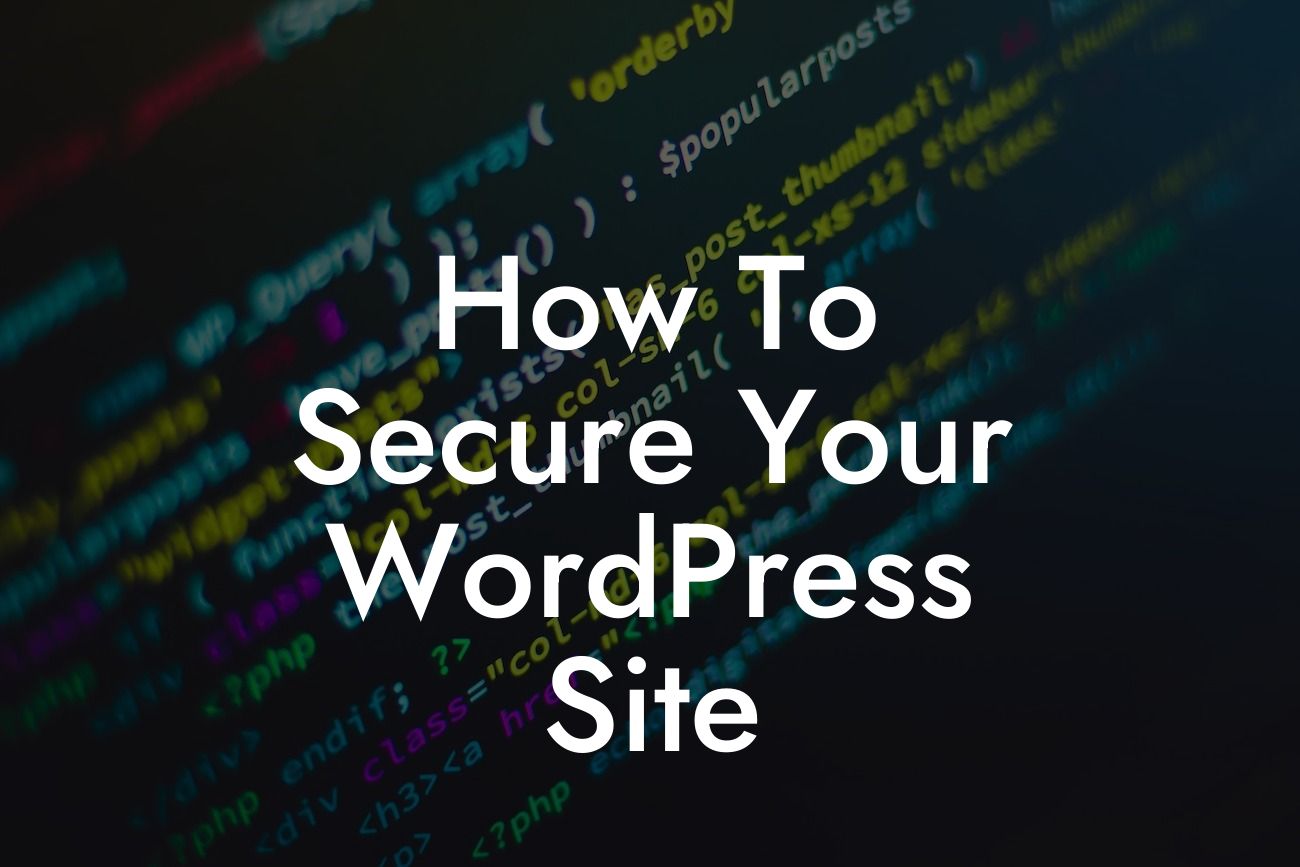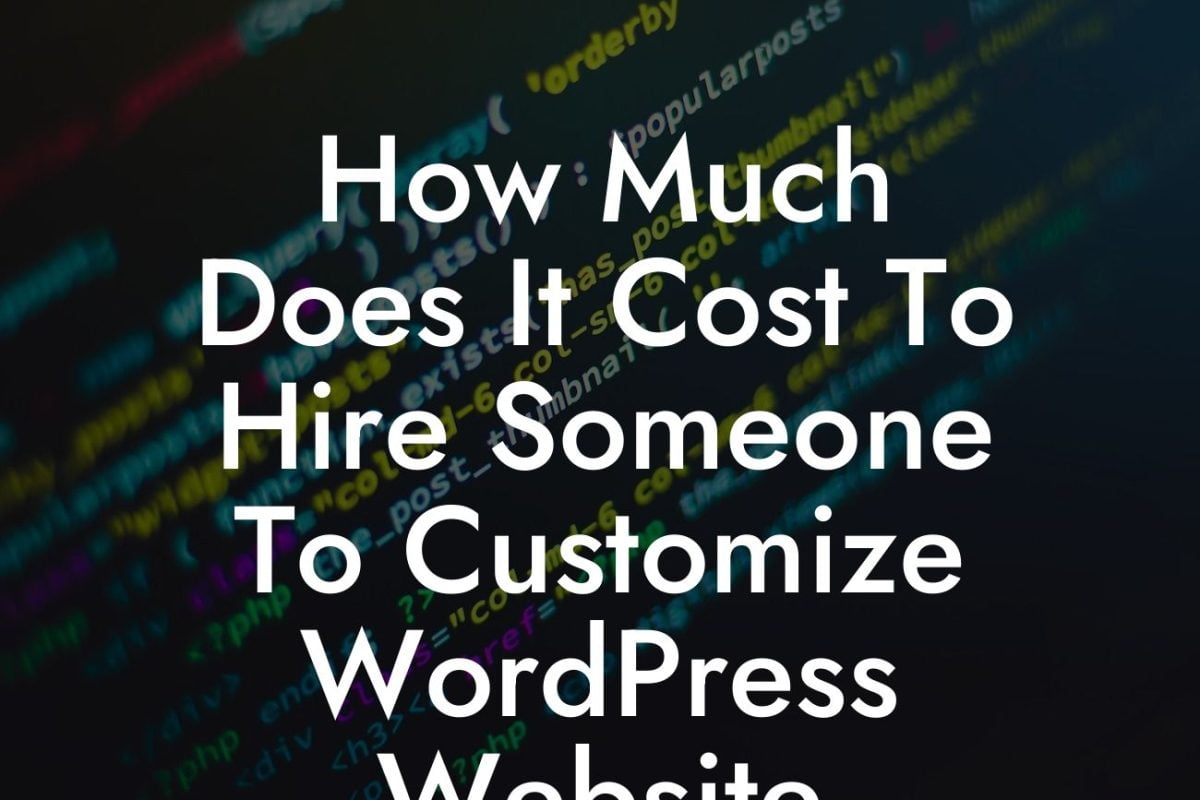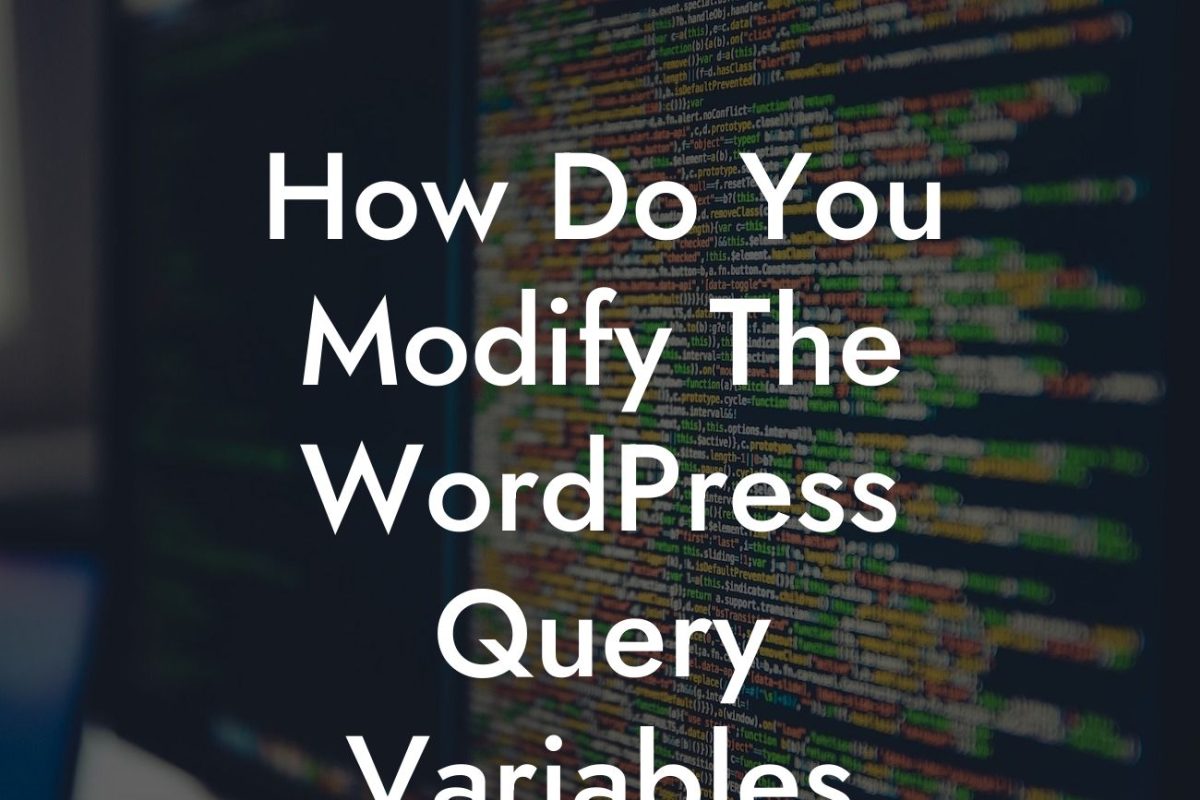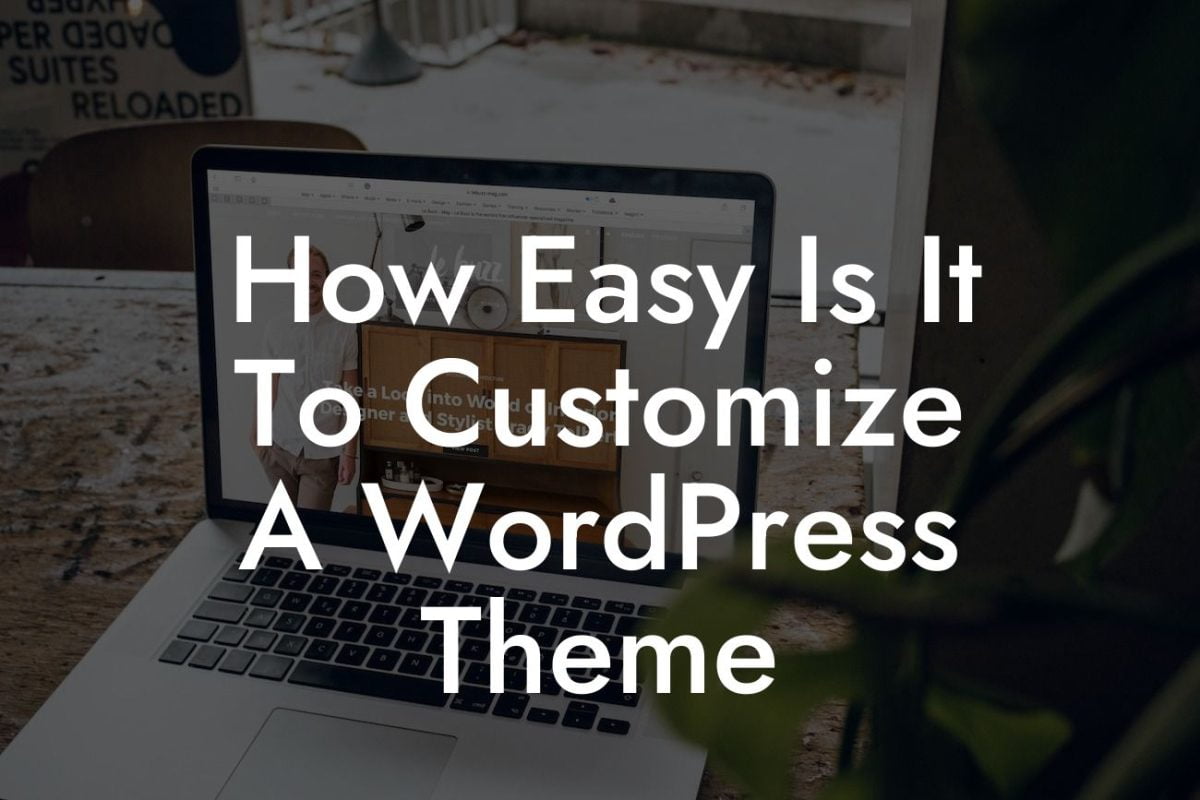Securing your WordPress site is a crucial step in safeguarding your online presence. With cyber threats becoming more rampant, it's vital to take proactive measures to protect your website and your valuable data. In this guide, we'll explore the essential strategies to secure your WordPress site effectively. Whether you're a small business owner or an entrepreneur, DamnWoo's expert tips will help you fortify your website and stay one step ahead of potential risks.
1. Use a strong and unique password:
- It all begins with a strong password. Avoid using common choices like "password123" or your name. Instead, opt for a combination of uppercase and lowercase letters, numbers, and special characters. Additionally, consider using a password generator to create a unique and secure password.
- Implementing two-factor authentication (2FA) is another effective way to enhance your login security. By requiring a verification code in addition to your password, you add an extra layer of protection against unauthorized access.
2. Keep your WordPress software up to date:
Looking For a Custom QuickBook Integration?
- Regularly updating your WordPress software is critical for maintaining site security. Outdated versions can leave your website susceptible to security vulnerabilities that hackers can exploit. Enable automatic updates or regularly check for updates and install them promptly.
3. Install a trusted security plugin:
- Security plugins provide an added layer of protection by scanning your website for vulnerabilities and implementing security measures. Consider installing a reputable security plugin like DamnWoo Security, which offers features such as firewall protection, malware scanning, and login brute force protection. These plugins can help detect and mitigate potential threats.
4. Implement a strong firewall:
- A web application firewall (WAF) acts as a barrier between your site and potential threats, ensuring that malicious traffic is blocked. Look for firewall plugins that offer advanced filtering techniques to protect against various types of attacks, such as SQL injections and cross-site scripting (XSS).
5. Regularly backup your website:
- In the event of a security breach or website crash, having a recent backup is essential to restore your website quickly. Set up automated backups with a reliable plugin like DamnWoo Backup to ensure you have the latest version of your site stored securely.
How To Secure Your Wordpress Site Example:
Imagine owning an e-commerce store that collects customer information and processes payments. Without proper security measures, your customers' sensitive data could be compromised, leading to loss of trust and potential legal consequences. By following the steps outlined above and investing in DamnWoo's trusted security plugins, you can fortify your site, protect your customers, and focus on growing your business.
Securing your WordPress site is not a one-time task – it requires ongoing attention. Stay vigilant by regularly updating your software, using strong passwords, and investing in reliable security plugins like DamnWoo's offerings. Don't forget to explore other guides on DamnWoo to enhance your website's performance and explore our range of awesome plugins tailored for small businesses and entrepreneurs. Together, we'll ensure your online success while embracing extraordinary solutions. Share this article with others who can benefit from these valuable tips!













